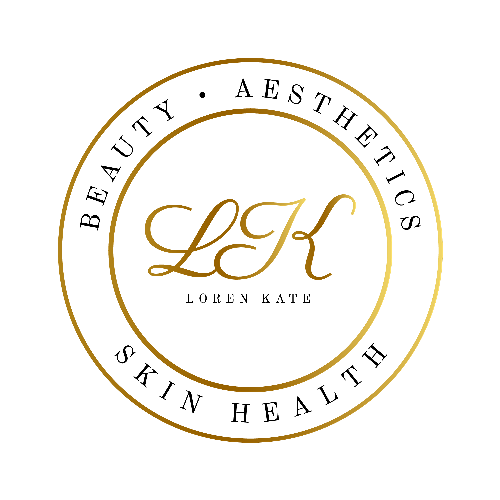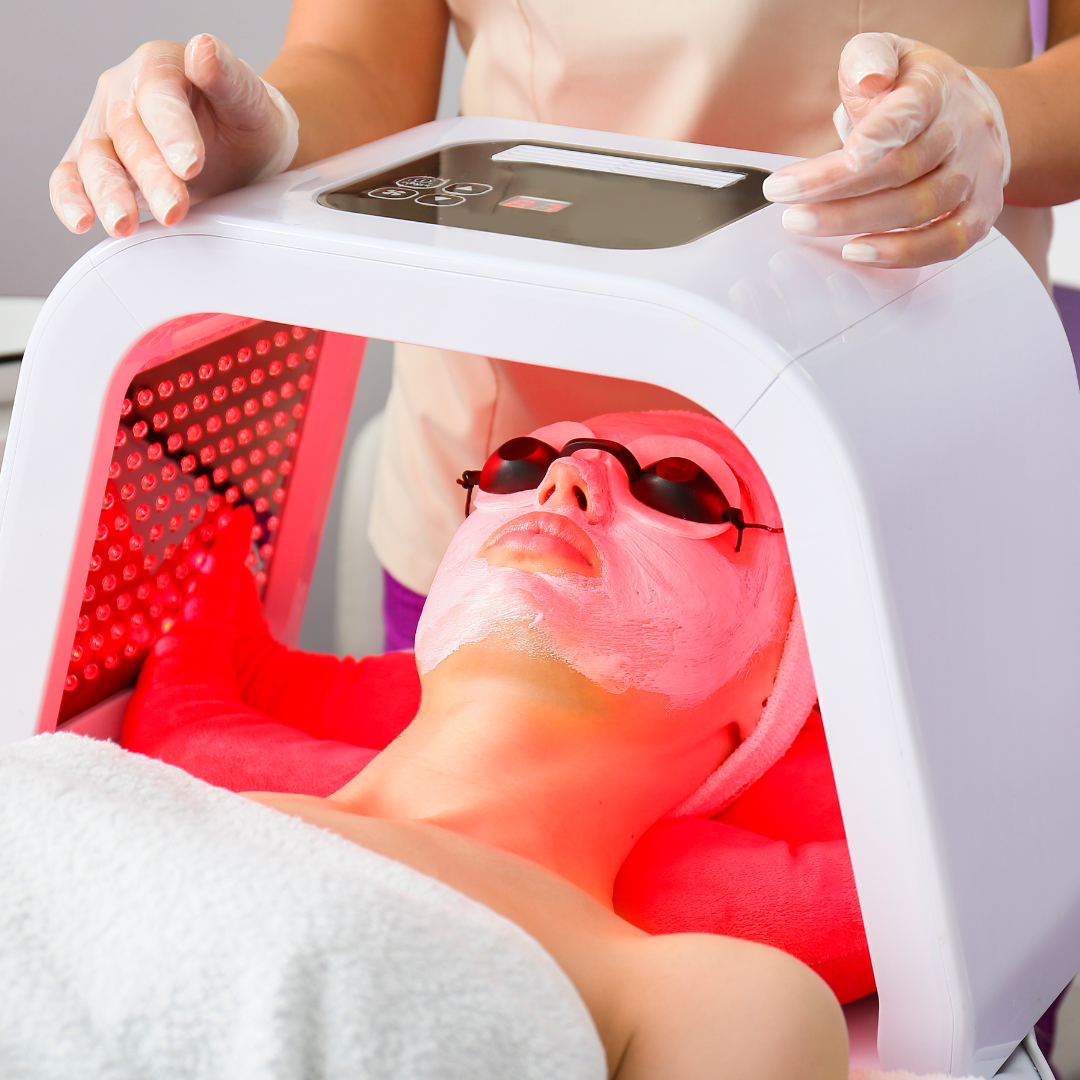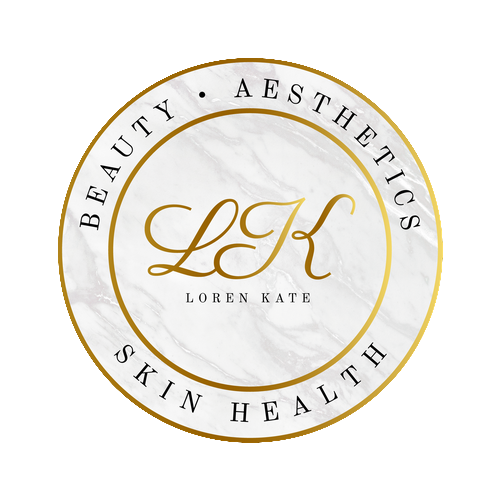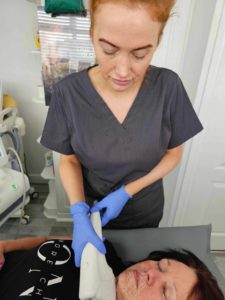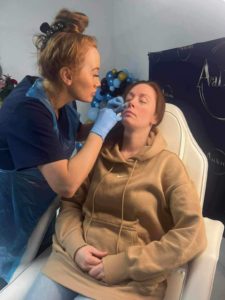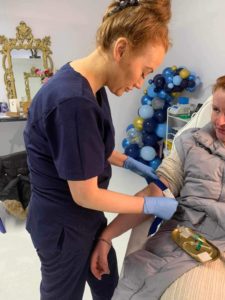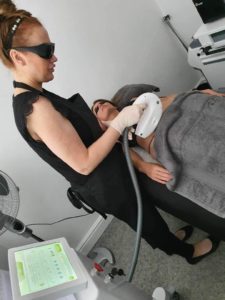- Home
- About
- Treatments
- Facial Skin Treatments
- Plasma fibroblast
- Dermaplaning
- Microneedling Facial
- HIFU
- Skin Boosters
- Vampire facial
- Crystal Microdermabrasion
- Chemical peels
- Hydro Dermabrasion Facial
- Led light Therapy Mask
- Hi frequency facial
- The Ultimate Relaxation
- Lift and Sculpt Facial
- Acne Blaster
- Teenage Facial
- Cinderella Glow Up
- Build your own Package
- Laser treatments
- Body Treatments
- Hands & Feet Treatments
- Beauty – Lash & Brow
- Facial Skin Treatments
- Price List
- Contact Us
- Home
- About
- Treatments
- Facial Skin Treatments
- Plasma fibroblast
- Dermaplaning
- Microneedling Facial
- HIFU
- Skin Boosters
- Vampire facial
- Crystal Microdermabrasion
- Chemical peels
- Hydro Dermabrasion Facial
- Led light Therapy Mask
- Hi frequency facial
- The Ultimate Relaxation
- Lift and Sculpt Facial
- Acne Blaster
- Teenage Facial
- Cinderella Glow Up
- Build your own Package
- Laser treatments
- Body Treatments
- Hands & Feet Treatments
- Beauty – Lash & Brow
- Facial Skin Treatments
- Price List
- Contact Us
